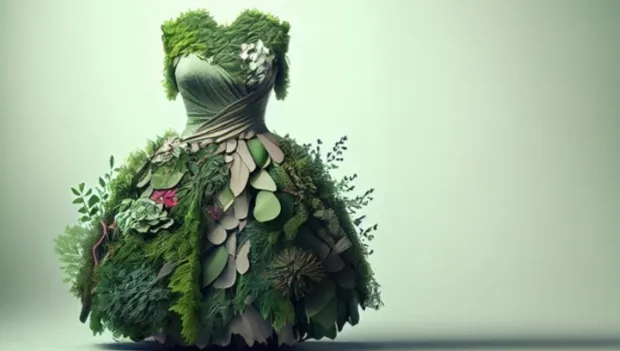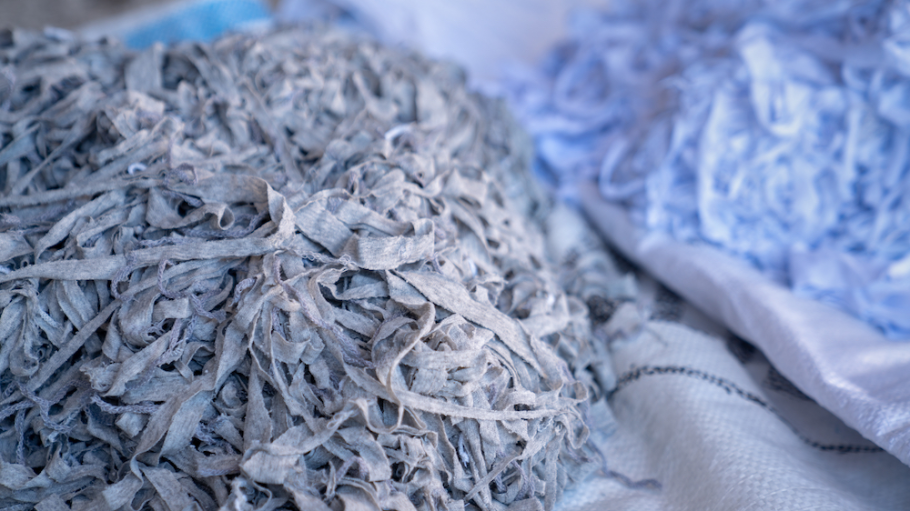
In recent years, sustainability has become a cornerstone in the fashion industry. As awareness of environmental issues grows, both consumers and brands are increasingly prioritizing eco-friendly practices. This shift has led to remarkable advancements and trends in sustainable fashion, particularly in the development and use of eco-friendly textiles.
Sustainable fashion aims to reduce the environmental impact of clothing production and consumption. This movement encompasses a variety of practices, from using organic materials to implementing ethical labor practices and reducing waste. Brands are now more transparent about their production processes and are striving to meet the growing demand for sustainability.
Innovative, eco-friendly materials
One of the most exciting aspects of sustainable fashion is the development of innovative, eco-friendly materials. These textiles are designed to minimize environmental damage and often provide unique benefits.
1. Organic Cotton: Organic cotton is grown without synthetic pesticides or fertilizers, making it a much more sustainable option compared to conventional cotton. It uses less water and promotes healthier ecosystems.
2. Hemp: Hemp is a versatile and durable fiber that requires minimal water and no pesticides to grow. It also improves soil health and can be used in a variety of garments, from casual wear to high fashion.
3. Bamboo: Bamboo grows rapidly and does not require pesticides. The fiber derived from bamboo is soft, breathable, and biodegradable. However, it is crucial to ensure that the processing methods are environmentally friendly.
4. Recycled Fibers: Recycling old textiles and plastic bottles into new fabrics helps reduce waste. Materials like recycled polyester and nylon are becoming increasingly popular, providing durability while minimizing the environmental footprint.

5. Tencel (Lyocell): Tencel is made from sustainably sourced wood pulp. The production process is eco-friendly, using closed-loop systems that recycle water and solvents. Tencel is known for its softness and breathability.
Technological Advancements in Textile Production
Technology plays a significant role in advancing sustainable fashion. Innovations in textile production help reduce waste, conserve resources, and create high-quality, eco-friendly fabrics:
1. Waterless Dyeing Techniques: Traditional dyeing processes consume vast amounts of water and often result in pollution. Waterless dyeing techniques, such as those using supercritical CO2, drastically reduce water usage and eliminate harmful chemicals.
2. 3D Printing: 3D printing in fashion allows for precise material usage, minimizing waste. This technology can create intricate designs and custom-fit garments, reducing the need for excess inventory.
3. Biodegradable Textiles: Researchers are developing textiles that can decompose naturally at the end of their lifecycle. These biodegradable fabrics, made from natural fibers and innovative treatments, help reduce landfill waste.
4. Circular Fashion: Circular fashion focuses on creating a closed-loop system where garments are designed, produced, and recycled in a way that minimizes waste. Brands are investing in take-back programs and recycling initiatives to support this model.
Case Studies: Leading Brands in Sustainable Fashion
Several fashion brands are at the forefront of the sustainable fashion movement, setting examples for the industry. Here are some!
1. Patagonia: Patagonia is renowned for its commitment to environmental responsibility. The brand uses recycled materials, promotes fair labor practices, and encourages customers to repair and recycle their clothing.
2. Stella McCartney: Stella McCartney has been a pioneer in sustainable luxury fashion. The brand uses organic cotton, recycled fabrics, and innovative vegan materials while advocating for ethical production practices.
3. Everlane: Everlane focuses on transparency and sustainability. The brand publishes detailed information about its factories and materials, emphasizing ethical manufacturing and eco-friendly practices.
The Future of Sustainable Fashion
The future of sustainable fashion looks promising, with continued advancements in eco-friendly textiles and production methods. As consumers become more conscious of their environmental impact, the demand for sustainable options will only grow. Brands that embrace sustainability will not only contribute to a healthier planet but also build trust and loyalty with their customers.
In conclusion, sustainable fashion is no longer a niche market but a vital aspect of the fashion industry. By exploring and adopting innovative eco-friendly materials and technologies, brands can lead the way in creating a more sustainable and ethical future for fashion.




Also you can add wool which is also a sustainable fiber and can also used as all weather material blending with the mentioned fibers.
Indeed, thank you!